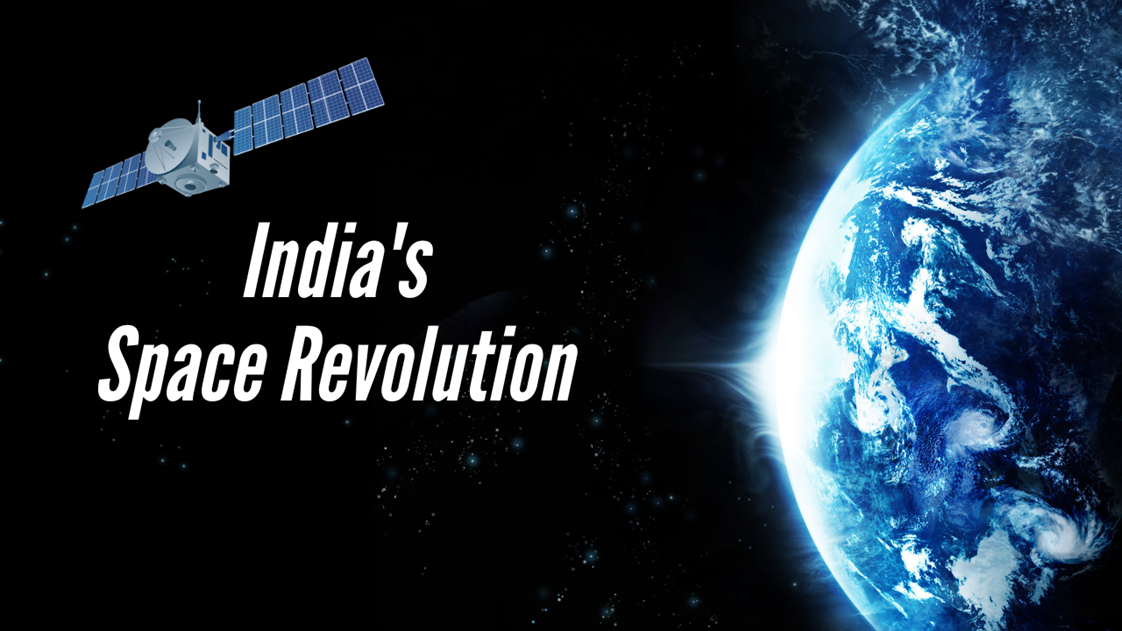- Courses
- GS Full Course 1 Year
- GS Full Course 2 Year
- GS Full Course 3 Year
- GS Full Course Till Selection
- Online Program
- GS Recorded Course
- NCERT (Recorded 500+ Hours)
- Polity Recorded Course
- Geography Recorded Course
- Economy Recorded Course
- AMAC Recorded Course
- Modern India, Post Independence & World History
- Environment Recoded Course
- Governance Recoded Course
- Science & Tech. Recoded Course
- International Relations and Internal Security Recorded Course
- Disaster Management Module Course
- Ethics Recoded Course
- Essay Recoded Course
- Current Affairs Recoded Course
- CSAT
- 5 LAYERED ARJUNA Mentorship
- Public Administration Optional
- ABOUT US
- OUR TOPPERS
- TEST SERIES
- FREE STUDY MATERIAL
- VIDEOS
- CONTACT US
India's Private Space Race
India's Private Space Race
03-06-2024

Agnikul's Agnibaan Takes Flight: A New Era for Indian Launch Vehicles
- On May 30, Agnikul Cosmos, an Indian space startup, successfully completed the first test flight of its rocket, Agnibaan, in a mission called SOrTeD.
- This achievement marks a significant milestone for India's private space sector, which has been gaining momentum in recent years.
- Agnibaan is a two-stage launch vehicle designed to carry small satellites into low Earth orbit.
- It uses 3D-printed components and a semi-cryogenic engine.
- Agnikul has said it will be able to build one rocket a month
Collaboration and Knowledge Sharing: The Path to Accelerated Innovation
- While the commercial potential of private launch vehicles like Agnibaan cannot be denied, collaboration between ISRO and private space startups like Agnikul and Skyroot is even more promising.
- By sharing technical expertise and physical systems, ISRO is playing a crucial role in accelerating innovation in the space sector.
- Knowledge transfer between these institutions is expected to reduce development timelines, reduce costs and promote a thriving ecosystem for space technology in India.
The Flow of Knowledge: A Key to Unlocking Future Potential
- The successful test flight of Agnibaan highlights the importance of knowledge sharing and collaboration in driving innovation.
- To further capitalise on this momentum, the government must ensure that bureaucratic and legal frameworks encourage the free flow of knowledge between public and private entities.
- By doing so, India can create fertile grounds for unprecedented progress in a variety of sectors, not just limited to aerospace.
A Ripple Effect: From Space to Other Sectors
- The innovation seen in India's space programme has the potential to create a ripple effect, benefiting fields as diverse as aerospace, materials science and even zoology.
- As new technologies and solutions emerge, insights gained from space exploration can be applied to address challenges in other areas.
- For example, the development of the carbon-carbon composite engine nozzles to replace the Columbium alloy nozzles by ISRO has already significantly increased the payload capability of PSLVs.
Conclusion
The rise of private space startups in India, as well as the collaborative spirit between ISRO and these startups, marks a new era for the country's space programme. The successful test flight of Agnibaan is evidence of the potential of this collaboration, paving the way for a future where innovation knows no bounds. As India continues to advance in space exploration, the knowledge and technology developed in this field will undoubtedly have a transformative impact on many sectors, ultimately benefiting the entire society.
Must Check: UPSC Coaching Institute In Delhi



